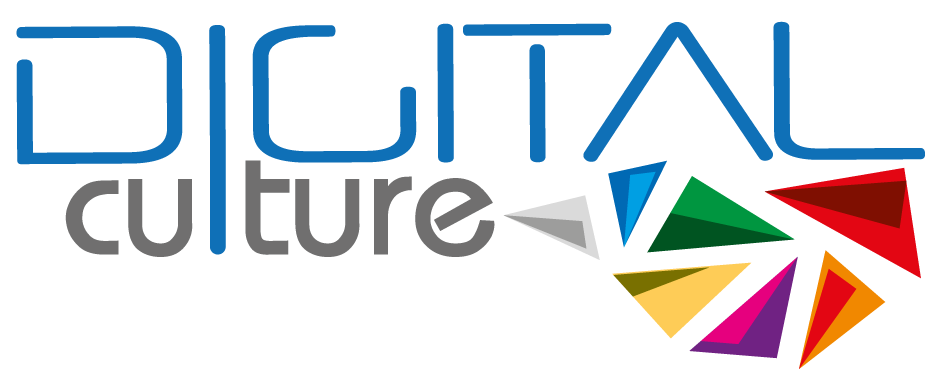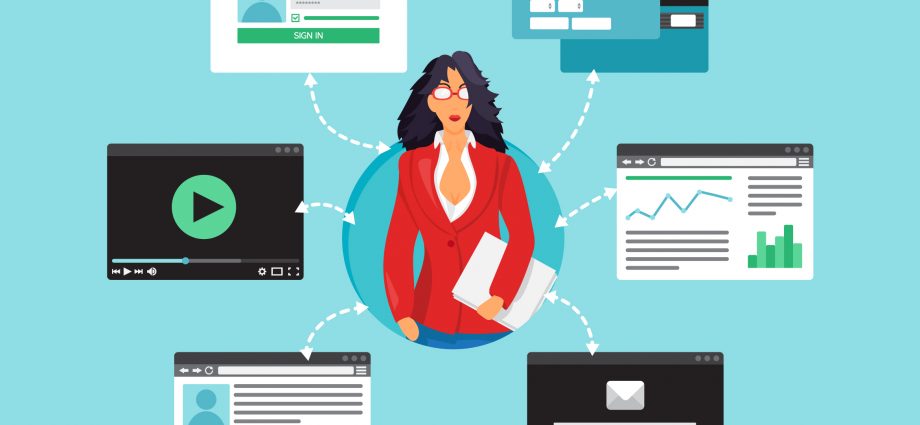The courses will be launched to the general public, starting with March 3, 2021, during the Open Education Week event – an event promoted by the world association Open Education Consortium, with the purpose of presenting the opportunities offered by open education, the results of its integration in all forms of education, whether it is the development of skills or knowledge in the workplace, in support of higher or secondary education or simply to learn something new, related to the individual interest of each individual.
See a tutorial on accessing the DigiCulture courses below:
The 13 Digital Courses are completely free for use. The courses contain new and important information about the use of ICT in different areas, they are transferable to other sectors where digital skills are essential, but currently at a low level.
Being online courses any adult is able to connect and acquire the desired skills.
We expect that these 13 courses will have an impact at different levels on the learners – as well as improving their digital skills, it will introduce adult learners to self-regulated learning by rethinking the assessment process.
The design courses encourage the exploration of various teaching and learning models, and leverage digital tools to create an adapted and personalized learning experience for adults, supporting networked learning and reflection.
The courses fit the latest digital media innovations and requirements of the cultural sector. Each course module is planned to respond to one or two competencies and to cover the transversal competencies of communication and collaboration.
- Upskill your competencies with the 13 Digital Courses
- Get ready for your improvement on the digital skills
- Learn the latest transversal skills in different fields, and
- Earn an Open Badge for every Digital Course, and module accomplished.
Digital Courses
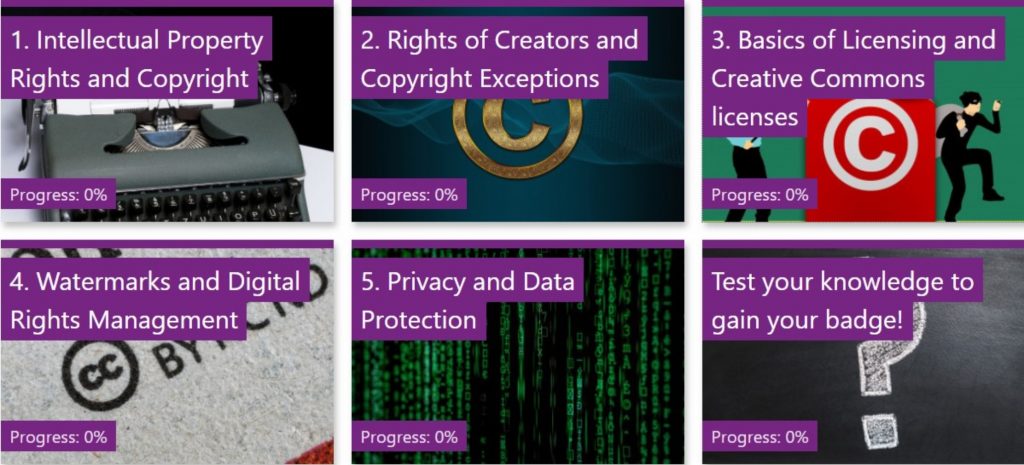
Cosaint Sonraí agus Ceadúnais Oscailte
Apply what you learn about Digital Safety and current national and European legislation surrounding the protection of personal data (GDPR) and of copyright laws, by completing the Data Protection and Open Licenses Course, with activities that include working with online interactive platforms and tools in exercises targeted at developing a good understanding of the decisions to consider when choosing an (open) license, but also activities to develop the understanding of data protection regulation.
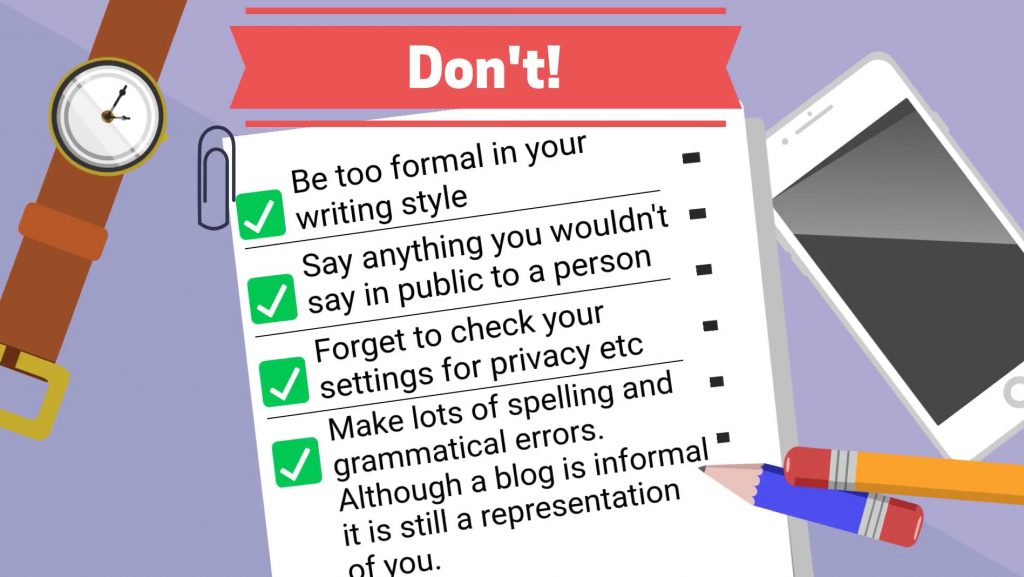
Ábhar Digiteach & Foilsitheoireacht
Why should we need skills for digital content? Explore the ”Digital Content & Publishing” Course, understand the difference between various digital contents and learn how to create content such as wikis, blogs and newsletters, and different digital content for different media environments. There is no prior knowledge or qualification requirement to learn the ” key” in providing the skills needed for digital content curation, preparation, and publication that allow you to work and perform in various online environments.
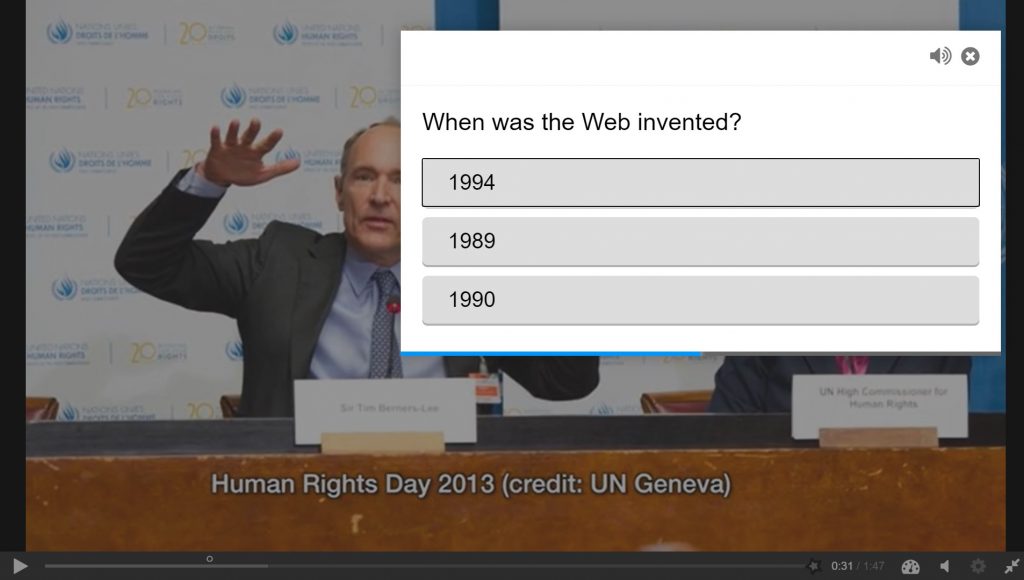
The Internet, World Wide Web, and introduction to the digital world
Apply what you learn about World Wide Web, Internet, the web 2.0 technologies and demonstrate your understanding on how to implement a website and identifying a digital presence, and explain how this can be applied in creative industries by completing ”The Internet, World Wide Web and introduction to the digital world” Course.
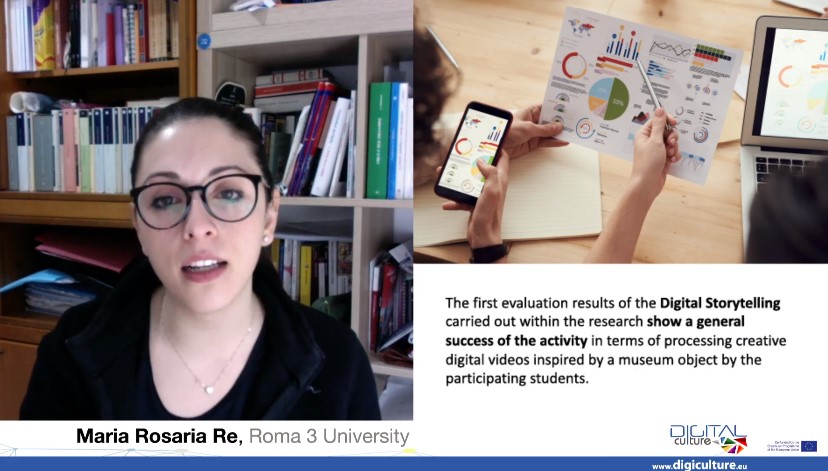
Scéalaíocht Dhigiteach
Get feedback from a global community of learners about the methodology of digital storytelling (DST) and learn storytelling content development through the use of digital skills and other general skills such as communication, collaboration, creativity and critical thinking. The completion of the "Digital Storytelling" Course should help you to increase and preserve the effectiveness of your work on data literacy and digital content creation.
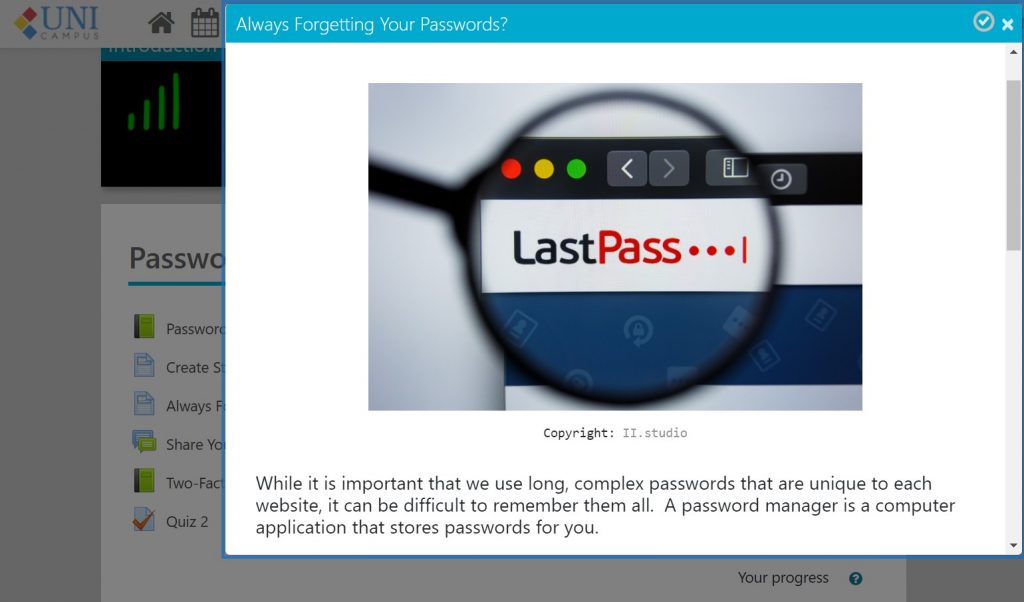
Sábháilteacht, Slándáil agus Eitic Dhigiteach
Demonstrate your new ” protecting devices” and ”protecting personal data and privacy” skills , and the understanding of the importance of firewalls, encryption, password security and other online protection measures, but also the importance of behaving ethically online. Identify the ethical concerns associated with your work/project, by sharing your experience gained from the quizzes, case studies and the interactive activities from the ”Digital Safety, Security and Ethics ” Course.
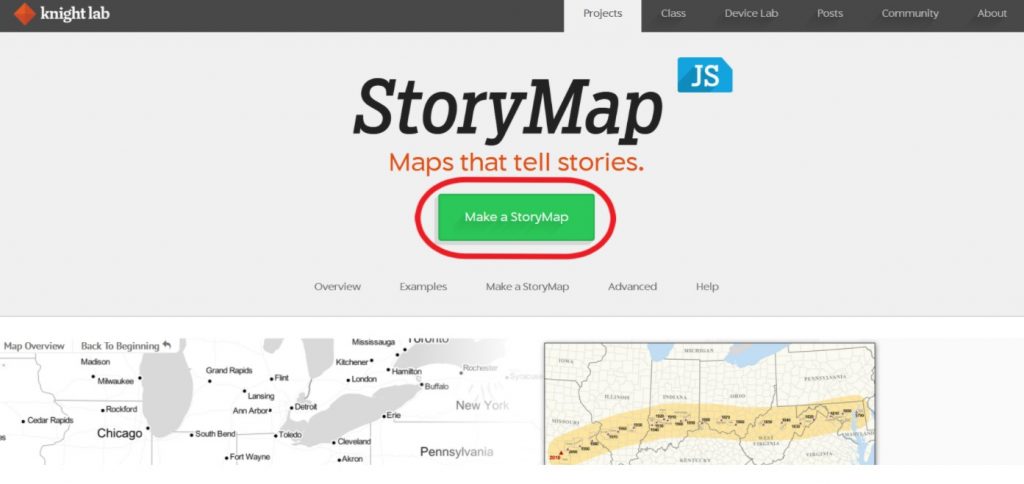
Coimeádaíocht Dhigiteach - Leabharlanna agus Músaeim Dhigiteacha
Get an overview about tools and methods to develop engagement with digitized cultural objects online and learn how to use them for fostering and evaluating dissemination, engagement, and collaboration possibilities for sharing structured information about cultural content online, and the possibilities of inviting the public to participate. A series of tools, with their respective tutorials, will be presented throughout the "Digital Curation - Digital Libraries and Museums" Course.
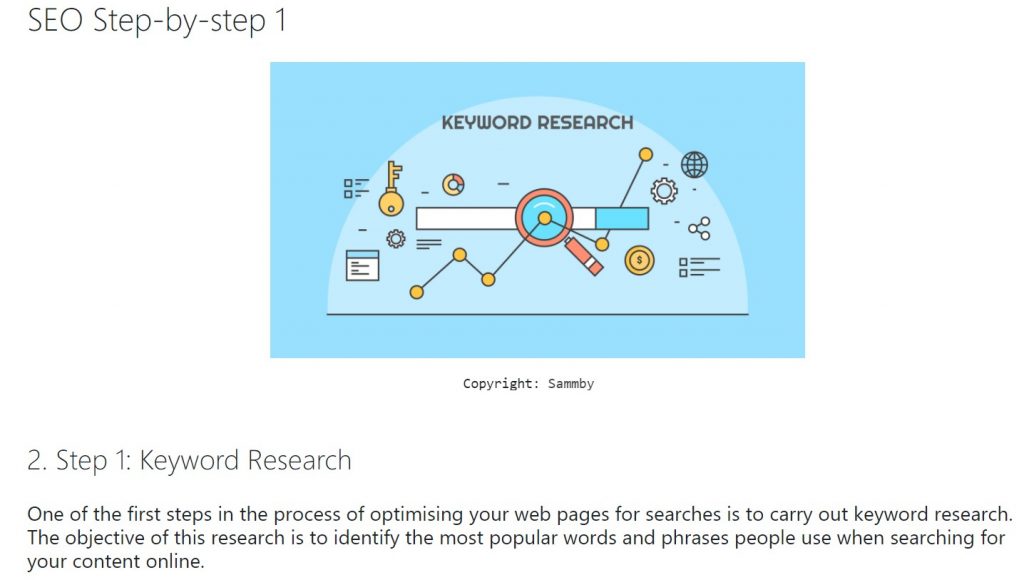
Lucht Féachana Digiteacha agus Anailísíocht Dhigiteach
Enhance your digital competencies in: ”Interacting through digital technologies”, ”Sharing through digital technologies”, ”Collaborating through digital technologies”, and ”Managing digital identity” areas , and equip yourself with the skills needed in identifying your digital audience, growing your digital audience, all of these using search engine optimisation, and also assessing your impact online by using digital analytics.
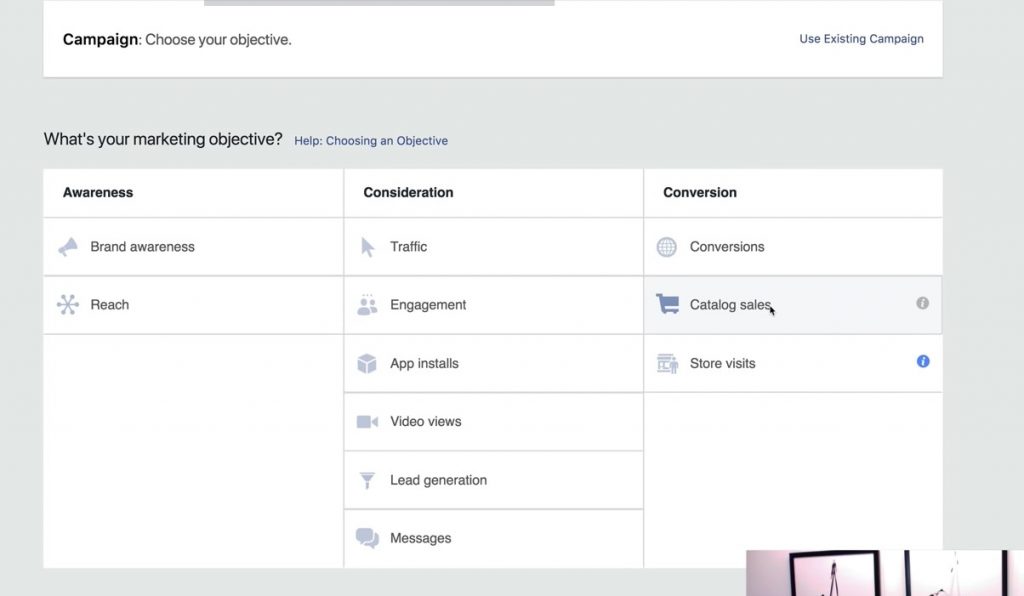
Na Meáin Shóisialta don Chultúr
Choose from a variety of options including lectures, videos links to other contents, different kind of OERs, tutorials on learning how to improve social media engagement in the cultural sector and non-formal education, how to evaluate the impact of social media, and how the use of social media to promote the creative industries, to increase the number of people involved in the learning process, and to find new forms of educational work in non-formal educational environments, that plays an important role in education nowadays.
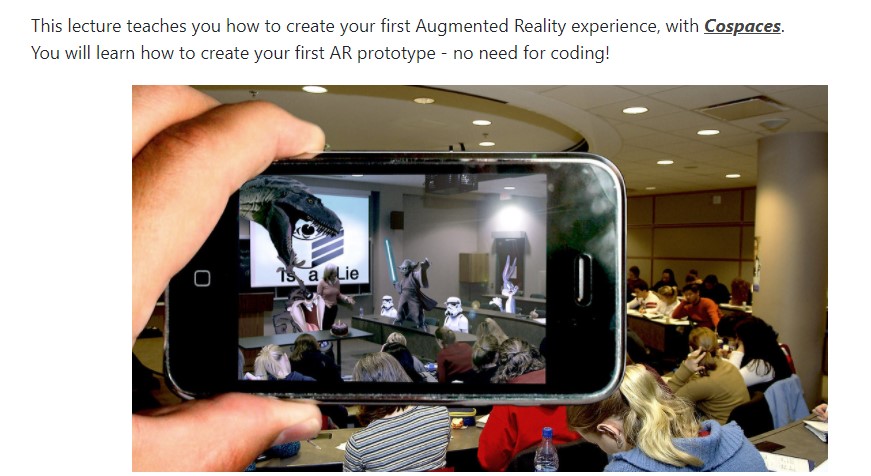
Réaltacht Bhreisithe agus Fhíorúil
Master your skills with in-depth learning about the difference between Augmented Reality (AR) and Virtual Reality (VR), by understanding concepts such as 360° Images and Projection Mapping and designing for VRand AR and start creating today your own VR/AR experience.
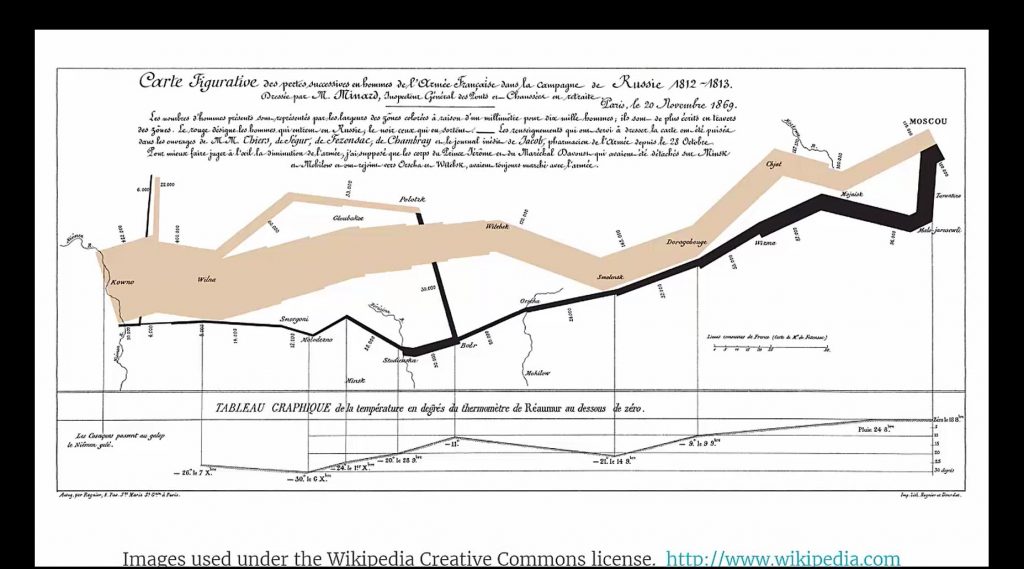
Bainistíocht Dhigiteach sa Chultúr
Start streaming your new skills on implementing a business plan, hiring, managing, training and appraisal of staff in the cultural sector, by using specific apps and online tools, and outline the uses of digital apps and tools in marketing and publicising cultural activities, after completion of the ”Digital Management in Culture” Course.
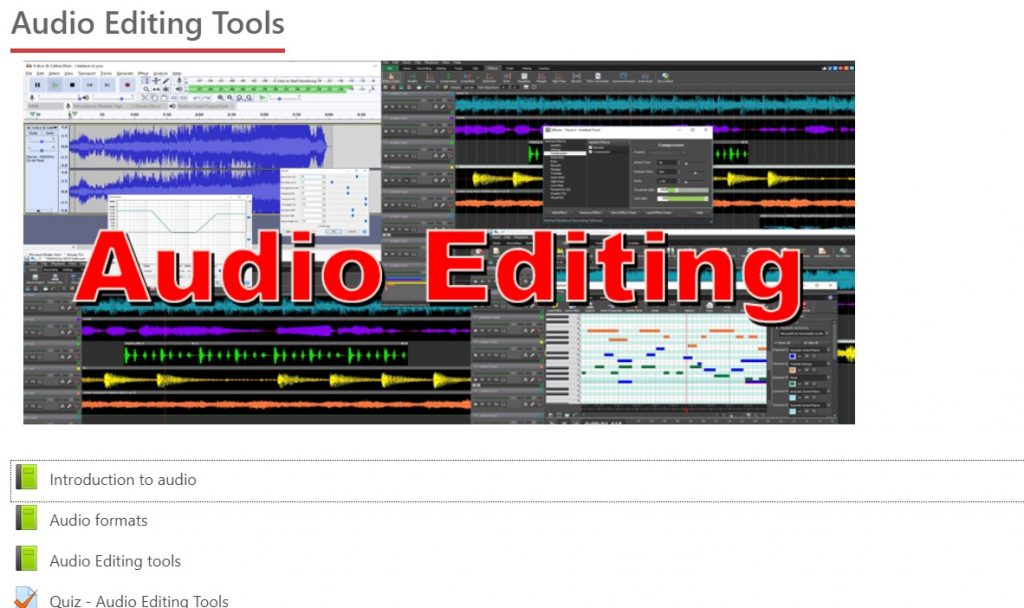
Uirlisí meán digiteacha ar líne agus soghluaiste
Demonstrate your new skills on online editing tools for Social Media (audio, foto,video), audio & video streaming, and mind-mapping software, by sharing your DigiCulture completion badge of the ”Online and Mobile Digital Media Tools” Course with your network. There is no prior knowledge or qualification requirements for this module, but access to the Internet and a computer/laptop/mobile device is required.

Cumarsáid Dhigiteach agus Cuir i Láthair
Get the opportunity to learn: how to organize an online meeting or conference, how to create an online presentation, how to employ tools for marketing, how to create interactive content, and many others by completing the "Digital Communication & Presentations" Course.
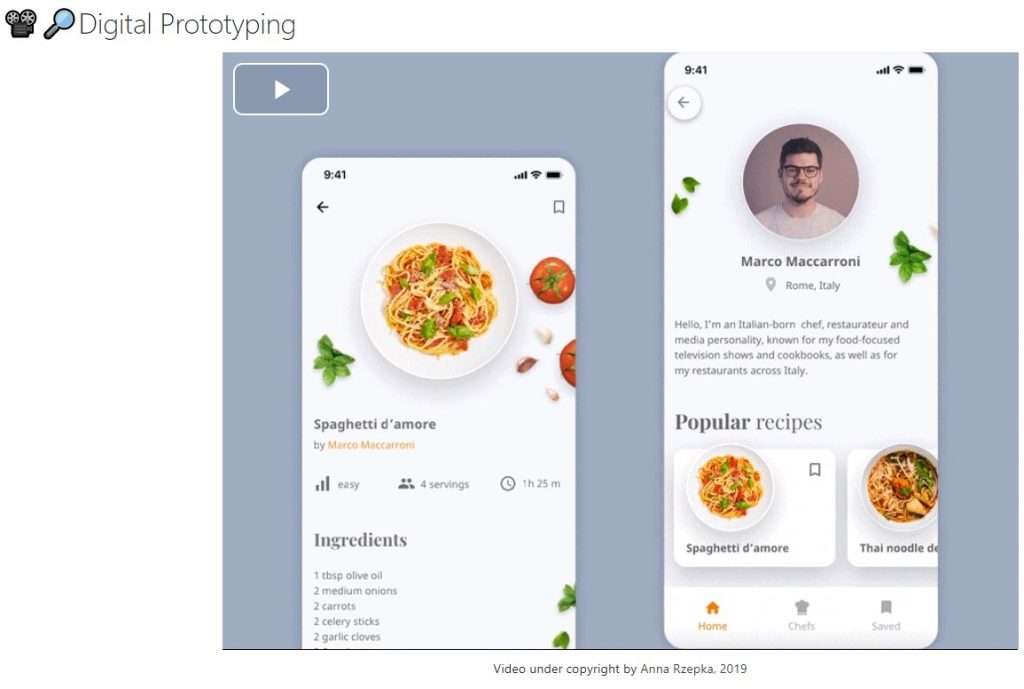
Aipeanna Fón Póca agus Eispéiris Úsáideoirí Fón Póca
Get the opportunity to learn how to design mobile applications and interaction design, how to use Storyboards for the design process, prototype your design ideas and your own app,and the use of different digital tools to achieve good UX, and many others by completing the "Mobile Apps and Mobile User Experience" Course.
The 13 courses address a gap in creative industries (CI) education where there is low emphasis on the use of new digital technologies, entrepreneurship (project management) and both recent graduates and existing employees lack important skills.
The project targets young adults who are unemployed, staff and volunteers of European Capitals of Culture, creative industries adults with low digital skills, at levels of seniority, experience or level of craft, actors in traditional skills activities, museums, media, architecture, humanities.
